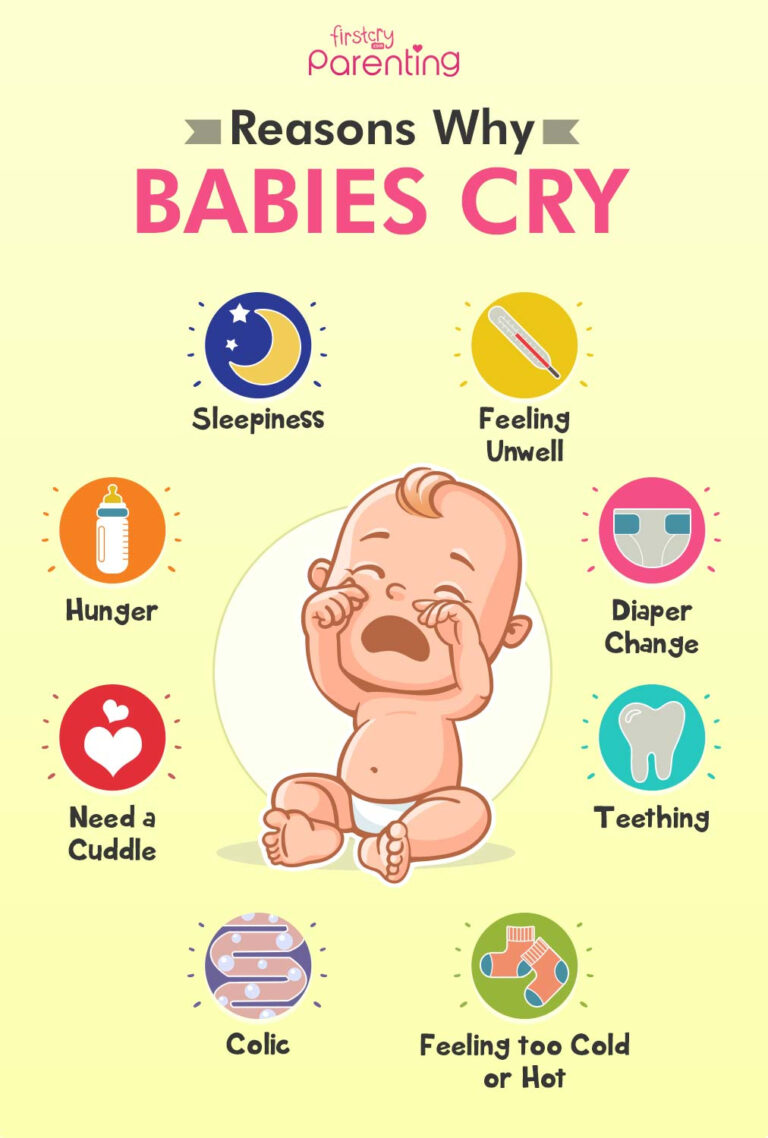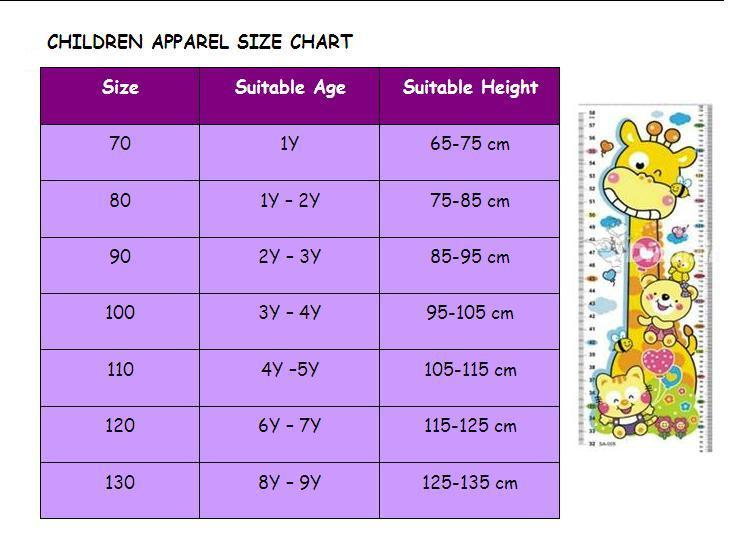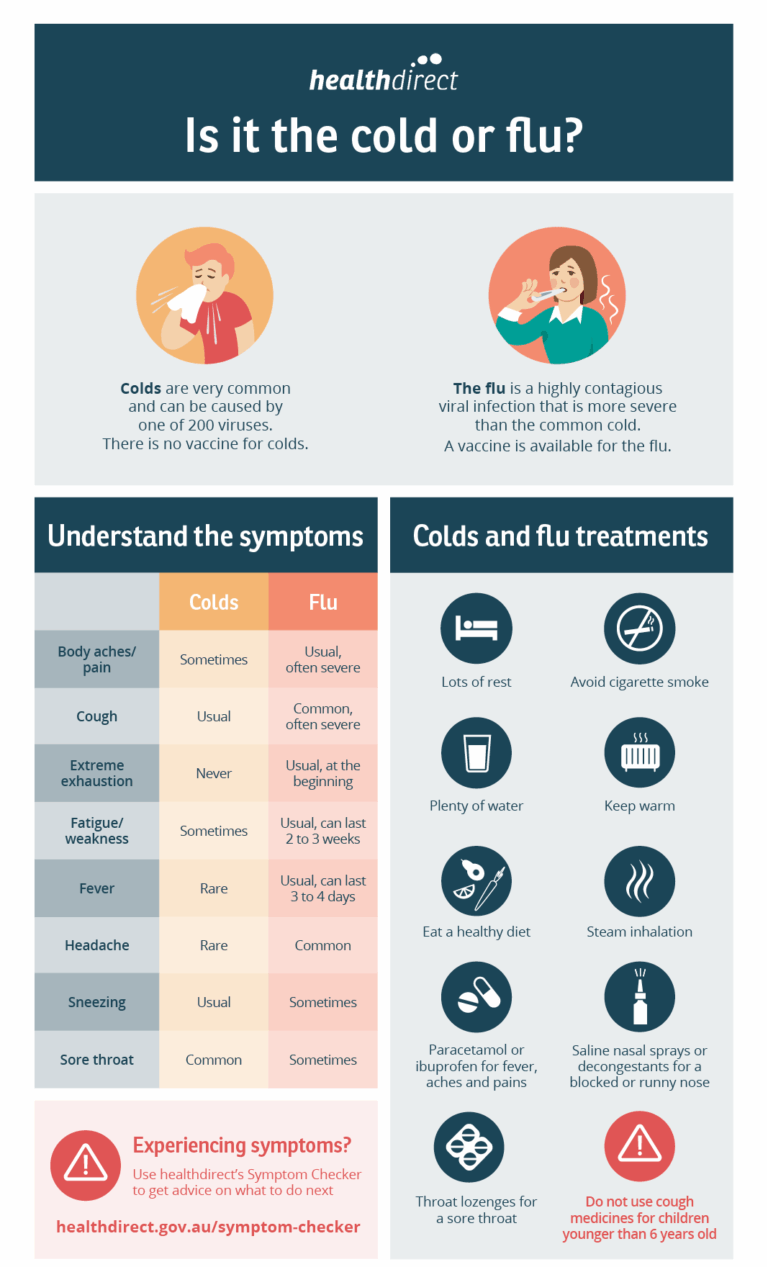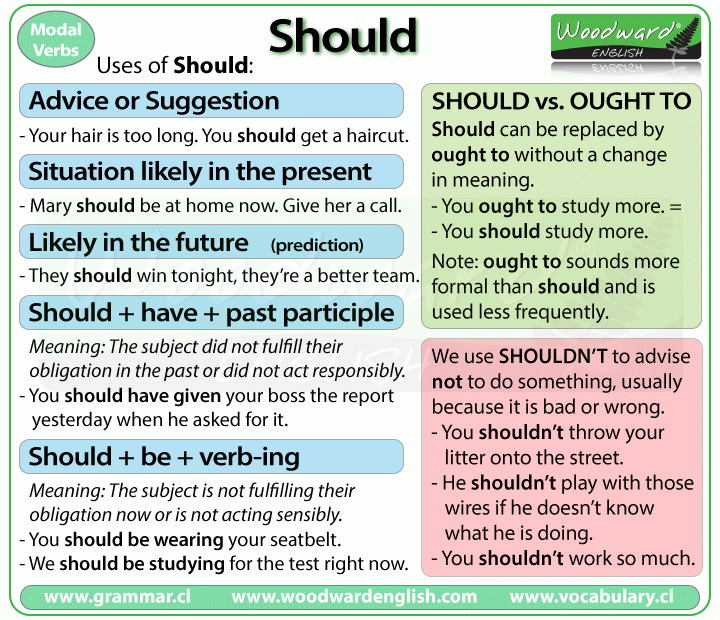18 Month Sleep Regression: A Guide for Parents
As your little one approaches the milestone of 18 months, you may encounter a common challenge known as the 18-month sleep regression. This temporary period can disrupt your child’s sleep patterns, leaving both you and your toddler exhausted and frustrated. However, understanding the causes and implementing effective strategies can help you navigate this transition smoothly.
During this phase, toddlers experience significant developmental and environmental changes that can affect their sleep. These factors, combined with potential sleep disturbances, can lead to increased night wakings, early morning risings, and resistance to bedtime.
18 Month Sleep Regression

The 18 month sleep regression is a common sleep issue that can affect toddlers between the ages of 18 and 24 months. It can be a frustrating time for parents, as their little one may suddenly start waking up frequently at night, refusing to go to sleep, or taking short naps.
There are a few things that can contribute to the 18 month sleep regression, including:
- Developmental changes: Toddlers are going through a lot of developmental changes at this age, which can affect their sleep.
- Separation anxiety: Toddlers may start to experience separation anxiety around this age, which can make it difficult for them to fall asleep and stay asleep.
- Teething: Teething can be a painful process, which can disrupt sleep.
- Nightmares: Toddlers may start to have nightmares around this age, which can also disrupt their sleep.
What are the signs of the 18 month sleep regression?
- Waking up frequently at night
- Refusing to go to sleep
- Taking short naps
- Being fussy and irritable during the day
- Having nightmares
How can I help my toddler through the 18 month sleep regression?
- Be patient and understanding: It’s important to remember that the 18 month sleep regression is a temporary phase. It will eventually pass, so try to be patient and understanding with your toddler.
- Establish a regular sleep routine: A regular sleep routine can help your toddler to learn when it’s time to go to sleep. Try to put your toddler to bed at the same time each night and wake them up at the same time each morning, even on weekends.
- Create a relaxing bedtime routine: A relaxing bedtime routine can help your toddler to wind down before bed. Try giving your toddler a warm bath, reading them a story, or singing them a song.
- Make sure your toddler’s bedroom is dark, quiet, and cool: A dark, quiet, and cool bedroom can help your toddler to sleep more soundly.
- Avoid giving your toddler caffeine or sugar before bed: Caffeine and sugar can make it difficult for your toddler to fall asleep.
- If your toddler wakes up at night, don’t give them any attention: If your toddler wakes up at night, try to avoid giving them any attention. This will help them to learn to fall back asleep on their own.
Frequently Asked Questions
What are the typical symptoms of 18-month sleep regression?
Common symptoms include frequent night wakings, early morning risings, resistance to bedtime, increased crying or fussiness at night, and daytime sleepiness.
How long does 18-month sleep regression typically last?
It usually lasts for 2-6 weeks, but it can vary from child to child.
What causes 18-month sleep regression?
It is caused by a combination of developmental milestones, environmental changes, and potential sleep disturbances.
How can I help my child overcome 18-month sleep regression?
Establish a consistent sleep routine, promote self-soothing, and address any underlying causes.
When should I seek professional help for 18-month sleep regression?
If your child’s sleep problems persist for more than 6 weeks, or if you notice significant changes in their behavior or development.





